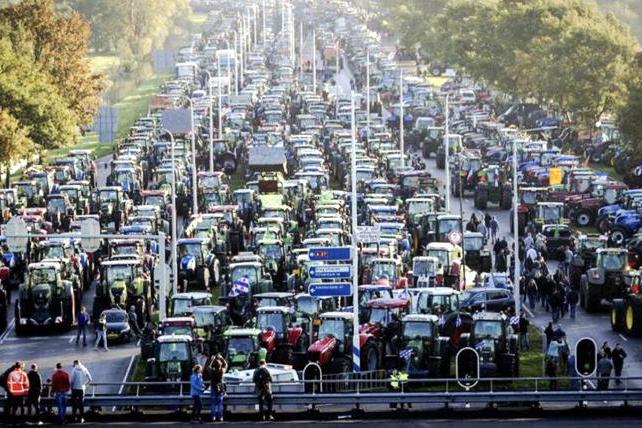There was some very welcome news in the Programme for Government which contained a commitment to advocate for the accounting of methane emissions from livestock under the GMP* system instead of the current GMP100 system.
There is a full explanation of what the change would mean here, including comments from head of animal and grassland research at Teagasc Dr Laurence Shaloo, who said the move to reflect the unique characteristics of biogenic methane would have a significant impact on reduction requirements.
There is also a commitment by the Government to do “everything within its power” to secure the future of the nitrates derogation.
If both of these moves prove successful it would lead to a huge relief for Ireland’s livestock sector which has existed under a cloud of uncertainty for years over the future direction of environmental policy.
However, there are major challenges which would have to be overcome before farmers, who cite red-tape as the biggest challenge facing their businesses, can breathe a sigh of relief.
Challenges
We only need to look at what happened in the Netherlands this week to see the challenges faced. The government there, in place since June 2024, and which includes Femke Wiersma from a farmers’ party as minister for agriculture, had unwound several of the previous administration’s policies on nitrates.
Those moves were challenged by environmental campaigners. A court ruling delivered on Wednesday Jan 22 found in favour of Greenpeace. The decision included a €10m penalty, but crucially will force the government to ramp up its efforts to cut nitrogen pollution in the country.
The court said that without tangible financial and regulatory measures, particularly targeting agriculture, transport and construction, the government risks non-compliance with EU law. The Dutch government is almost certain to appeal the court decision, but the track record for cases like these are that they generally go the way of environmentalists as EU law is very clear on what is required.
For Irish agriculture, the commitments contained in the programme for government are certainly welcome, but they probably signal the start of a long battle to reduce some of the more onerous demands on farmers, rather than being any kind of victory in themselves.






 This is a subscriber-only article
This is a subscriber-only article










SHARING OPTIONS: